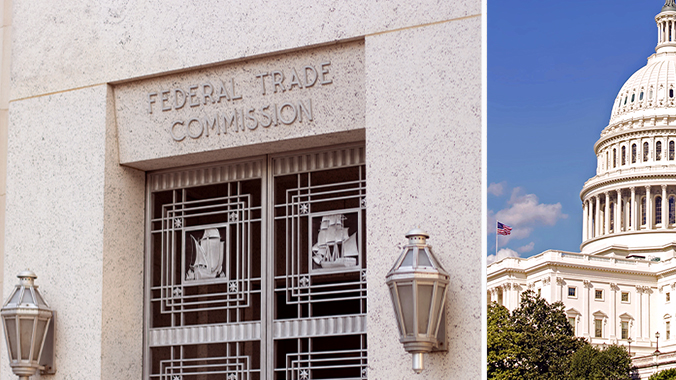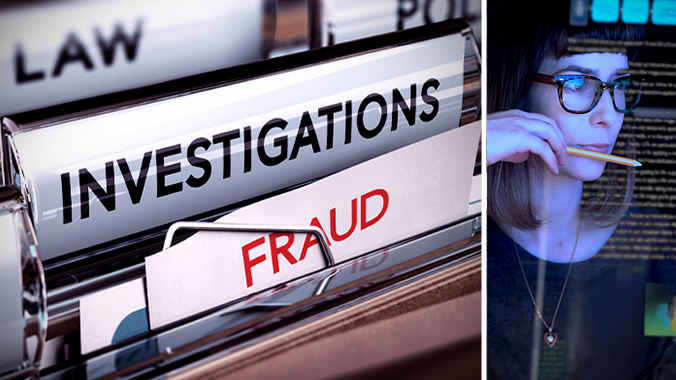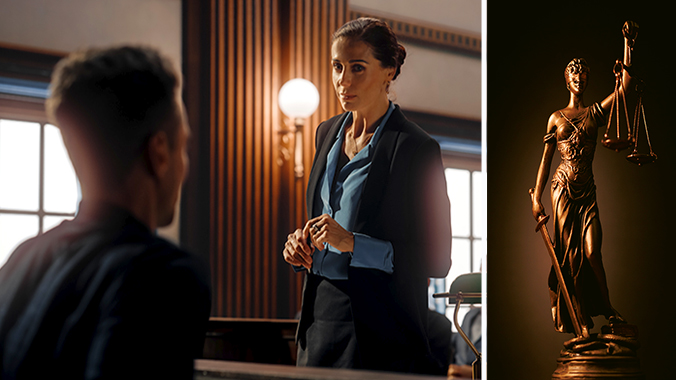Avoiding Probate Disasters: How to Spot Problems, Litigate Effectively, and Stay Ethical
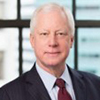
Chuck Jacob is a litigator advising financial and real estate industry clients and high net worth individuals in complex disputes across the financial and real estate industries, and in fiduciary matters.
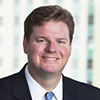
David Fowler Johnson is widely recognized as one of the go-to fiduciary litigators in Texas. David’s practice focuses on trust, estate, and closely held business disputes.
2.5 hour CLE
Get this course, plus over 1,000+ live webinars.
Learn More
Program Summary
Session I - What to Look for in Probate and Identifying Problems - Charles R. Jacob III
This session will review some of the more commonly encountered matters when approaching probate and fiduciary matters. The starting point is the client’s situation vis-à-vis his or her will: does the client have a will yet? If so, how old is it? What is the client’s family situation? Might the will be outdated in relation to that family situation? Are there potential competing claimants to the client’s estate (such as children left out of the will)? Was the will duly executed? Might there be a claim of undue influence (an increasingly common claim as individuals live longer and are more likely to encounter dementia)? Consideration should also be given to the use of mechanisms to avoid probate, such as grantor trusts and TOD accounts.
Key topics to be discussed:
- What is the client’s existing situation vis-à-vis a will and trusts?
- If/when the client passes away, is a dispute among heirs and potential heirs foreseeable?
- What steps can be taken to address any such disputes in advance?
- How can mechanisms be utilized to avoid probate and where is it advantageous to do so?
Session II - How to Litigate in Probate and Fiduciary Matters - Charles R. Jacob III
This session will cover the most commonly encountered matters to be litigated in probate and fiduciary proceedings. The starting point is the decedent’s situation as the lawyer might find it: is the decedent testate or intestate? How substantial are his or her assets? What family members or others need to be provided notice? Does the estate have creditors? Are there issues surrounding the making of the will, such as undue influence (an increasingly common claim as individuals live longer and are more likely to encounter dementia). Is the executor proceeding correctly and consistent with his or her fiduciary duties? What procedures such as summary judgment can speed the way through probate? And finally, tips for avoiding probate or at least its most common problems.
Key topics to be discussed:
- To what extent is probate necessary for decedent?
- How to handle probate as efficiently as possible
- Problems most commonly encountered in probate
Session III - Ethics in Estate Planning, Probate, and Trust Administration - David F. Johnson
Estate planning, probate, and trust administration are a complex field of law involving high stakes decisions that affect individuals and families. Factors such as unforeseen life changes, the involvement of multiple jurisdictions, and vulnerable clients pose unique ethical challenges for trusts and estates counsel and litigators. When it comes to estate planning and probate, a variety of factors can raise ethical issues such as joint representation, confidentiality and privilege, the competence of clients, attorneys acting as fiduciaries, and conflicts of interest. Counsel must balance zealous representation with his or her ethical obligations, this session will address those issues.
Key topics to be discussed:
- Determining who the client is
- Joint representation
- Client communications and confidentiality issues
- Conflicts of interest
- Diminished capacity and competency
- Attorneys acting in other fiduciary capacities
This course is co-sponsored with myLawCLE.
![]() Closed-captioning available
Closed-captioning available
Speakers
 Charles R. Jacob III | Goulston & Storrs
Charles R. Jacob III | Goulston & Storrs
Chuck Jacob is a litigator advising financial and real estate industry clients and high net worth individuals in complex disputes across the financial and real estate industries, and in fiduciary matters.
In his financial industry practice, he has asserted and defended claims for institutional clients, managers, executives and high net worth individuals involving commercial and investment banking, mortgage-backed securities, CDOs and other derivatives, mortgage servicing, professional liability, and fiduciary obligations.
Chuck is known for his ability to resolve complicated real estate litigation matters that often involve multiple parties. He is also a member of Goulston & Storrs’ Probate & Fiduciary Litigation group. Chuck has extensive trial experience in federal courts (including bankruptcy courts), state courts, and in arbitration and mediation.
Prior to joining Goulston & Storrs, Chuck was a partner at a top litigation boutique in New York.
 David F. Johnson | Winstead PC
David F. Johnson | Winstead PC
David Fowler Johnson is widely recognized as one of the go-to fiduciary litigators in Texas. David’s practice focuses on trust, estate, and closely held business disputes. A frequent writer and speaker, David is known around the state as a thought leader in the fiduciary area. His award-winning blog, The Fiduciary Litigator, features recent case law, legislative changes, and other precedent that impacts fiduciaries in Texas. David received the JD Supra 2020 Readers’ Choice Award for Wealth Management, which was his third year in a row for such an award. He was also named a “Go-To Thought Leader” in Fiduciary Litigation by the National Law Review in 2020.
David’s experience in trust and estate disputes includes will contests, elder abuse, mental competency, undue influence, trust modification/reformation/clarification, breach of fiduciary duty and related claims. He also handles matters involving trust decanting, trust severance and joinder, account disputes, power of attorney disputes, suits for judicial instruction and discharges, heirship proceedings, suits to remove a fiduciary, and accountings. Additionally, David has a transactional practice for trust departments in providing legal opinions on the construction of trust documents, documenting release and consent agreements, resignations, successor appointments, modification of trusts, trust mergers, trust severances, etc.
His recent trial experience in the trust and estate area includes: Representing a bank who was sued for allegedly making too many distributions to a primary beneficiary; representing a bank in federal class action suit where trust beneficiaries challenged whether the bank was the authorized trustee of over 220 trusts; representing a bank in state court regarding claims that it mismanaged oil and gas assets; representing a bank who filed suit in probate court to modify three trusts to remove a charitable beneficiary that had substantially changed operations; represented an individual executor of an estate against claims raised by a beneficiary for breach of fiduciary duty and an accounting; represented an individual trustee against claims raised by a beneficiary for breach of fiduciary duty, mental competence of the settlor, and undue influence.
David has also been retained as an expert in the trust and estate area regarding compliance with fiduciary duties, fiduciary compensation, and elder abuse.
David’s experience in closely-held business disputes (business divorce) includes enforcing minority ownership rights, shareholder-derivative litigation, advising majority owners regarding disputes with the minority owners. His recent trial experience in the closely-held business area includes: Representing a 50% owner of an umbrella company and a minority shareholder in over 100 other special asset entities in a business divorce where the assets totaled over $100 million; representing the majority owner in a limited partnership regarding a business divorce from a minority owner and former employee; representing the majority owner in a business divorce from a minority owner who owned convertible notes; represented a trustee and minority owner in a closely-held business dispute regarding the non-owner managers overcompensating themselves and poor performance; representing a trustee and the minority owner of a business in a business divorce from the majority owners where the client was alleged to have overcompensated himself and engaged in self-dealing transactions; representing a wife in a divorce proceeding regarding claims arising from closely-held businesses and family trusts.
David is one of twenty attorneys in Texas (of the 84,000 licensed) that has the triple Board Certification in Civil Trial Law, Civil Appellate and Personal Injury Trial Law by the Texas Board of Legal Specialization. David is currently on the board of the Texas Board of Legal Specialization, the Texas State Bar’s group that certifies attorneys in specialties. He was previously on the commission that wrote and graded the civil trial law examination.
David is licensed and has practiced in the U.S. Supreme Court; the Fifth, Seventh, and Eleventh Federal Circuits; the Federal District Courts for the Northern, Eastern, and Western Districts of Texas; the Texas Supreme Court and various Texas intermediate appellate courts.
David also served as an adjunct professor at Baylor University Law School and Texas Wesleyan Law School. Over the course of his career, David has given over 300 legal education presentations to bar groups, industry groups, and clients in the fiduciary and general litigation areas. David has published twenty law review articles. These articles have been cited as authority repeatedly by the Texas Supreme Court and the Texas courts of appeals located in Amarillo, El Paso, Waco, Texarkana, Tyler, Beaumont, and Houston. Other jurisdictions also cite David’s articles, such as the Supreme Court of Iowa and a federal district court in Pennsylvania. Authors and commentators also cite David’s articles, including McDonald & Carlson in their Texas Civil Practice treatise and William V. Dorsaneo in the Texas Litigation Guide and in the Baylor Law Review. He has also been cited by St. Mary’s Law Journal, South Texas Law Review, Texas Tech Law Review, Texas Tech’s Estate Planning and Community Property Law Journal, DePaul Law Review, Thurgood Marshall Law Review, Texas Business Litigation Treatise, Tennessee Law Review, ABA Family Law Quarterly, Houston Law Review, Arizona State Law Review, Oklahoma Law Review, Vanderbilt Journal of Entertainment and Technology Law, Texas Review of Law & Politics, The Scholar St. Mary’s Law Review on Race and Social Justice, Wake Forest Law Review, Cardozo Journal of Conflict Resolution, Denver Law Review, and William & Mary Law Review.
Agenda
Session I – What to Look for in Probate and Identifying Problems | 1:00pm – 1:45pm
- What is the client’s existing situation vis-à-vis a will and trusts?
- If/when the client passes away, is a dispute among heirs and potential heirs foreseeable?
- What steps can be taken to address any such disputes in advance?
- How can mechanisms be utilized to avoid probate and where is it advantageous to do so?
Break | 1:45pm – 1:55pm
Session II – How to Litigate in Probate and Fiduciary Matters | 1:55pm – 2:40pm
- To what extent is probate necessary for decedent?
- How to handle probate as efficiently as possible
- Problems most commonly encountered in probate
Break | 2:40pm – 2:50pm
Session III – Ethics in Estate Planning, Probate, and Trust Administration | 2:50pm – 3:50pm
- Determining who the client is
- Joint representation
- Client communications and confidentiality issues
- Conflicts of interest
- Diminished capacity and competency
- Attorneys acting in other fiduciary capacities
More CLE Webinars
Trending CLE Webinars







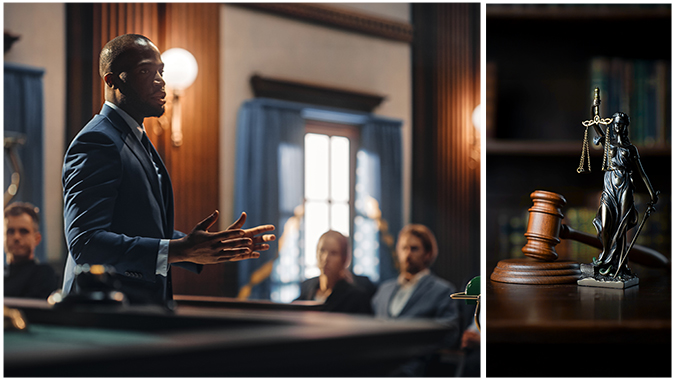
Upcoming CLE Webinars

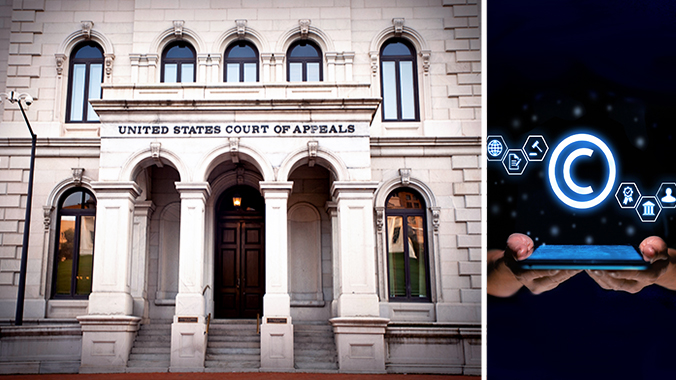


















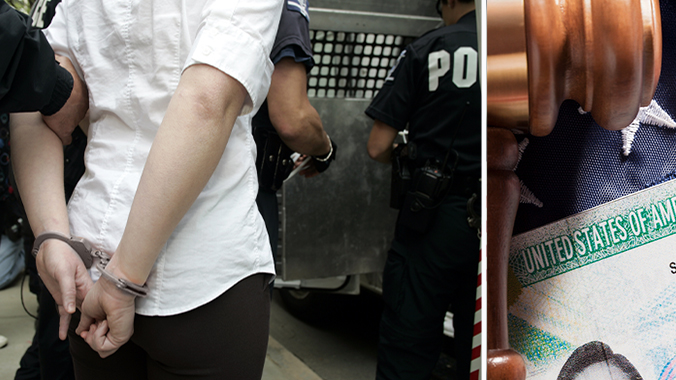




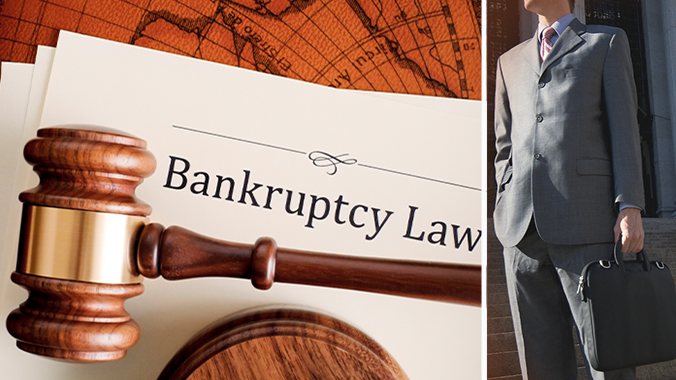
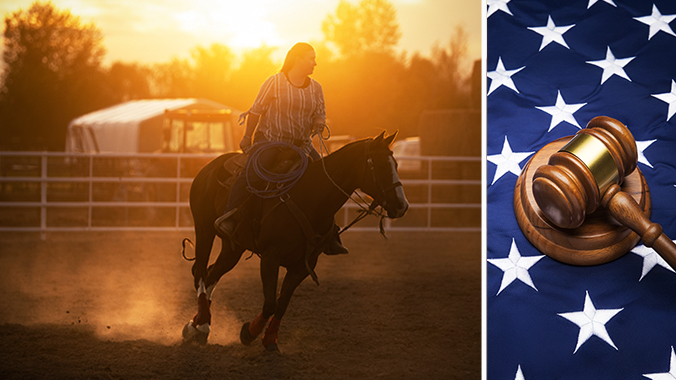







![5th Annual Tax Rep Summit [3-Day Event] (Presented by Tax Rep)](https://nosscrcle.org/wp-content/uploads/2025/10/Product_img_-5th-Annual-Tax-Rep-Summit.jpg)

